Australia bets $1.7bn on two Covid vaccines but it’s a crowded field
The Morrison government is spending $1.7bn on securing two of the 40 coronavirus vaccines currently undergoing clinical trials.
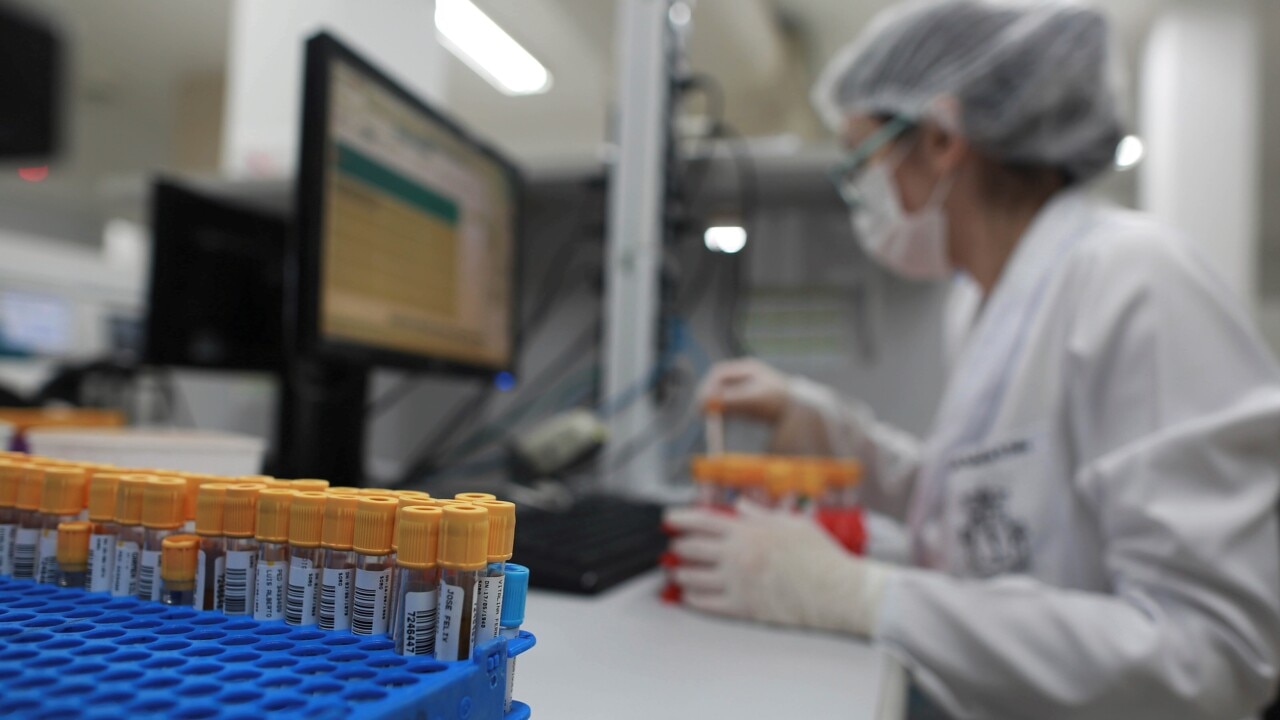
The Morrison government is spending $1.7bn on securing two of the 40 coronavirus vaccines currently undergoing clinical trials, expecting the first doses to become available from January next year.
It is a big bet. Governments and pharmaceutical companies around the world have thrown countless resources at COVID-19 immunisation studies, with a further 151 vaccine candidates under preclinical evaluation.
Oxford University and AstraZeneca’s vaccine, which is included in the Morrison government’s supply deal, is considered the most advanced, despite its phase three trials being halted twice in the past month after two participants developed neurological illnesses after being injected with the experimental drug.
Meanwhile, China’s People’s Liberation Army has joined the race and the Russian government has approved use of its Sputnik V vaccine before completing large-scale human trials.
The global assault has fast-tracked vaccine development — which normally takes 10-15 years — prompting many to question whether they will be safe and effective when they arrive, particularly given the most vulnerable members of the community will be given the first jabs.
CSL, which has signed an agreement with the federal government to produce 80 million vaccine doses — 30 million of the AstraZeneca candidate and 50 million of another it has been developing with the University of Queensland (UQ) — says safeguards will not be compromised in the accelerated vaccine development.
CSL is currently completing phase one trials of the UQ candidate and said on Thursday it should be able to enrol participants for its phase two and three trials from December. It hopes it will complete phase three trials — the final step before regulatory approval and commercialisation — by March next year.
“We are committed to demonstrating the vaccine is safe and effective prior to availability in the market. Discussions have already commenced with the Australian Therapeutic Goods Administration to ensure this goal is met, while also making the vaccine available to the Australian population in the shortest possible time,” CSL said. “In parallel, CSL is working to engage partner organisations to assist with production of further doses with the goal of providing broader access to the vaccine, should clinical trials be successful.”
Although the world is awaiting a COVID-19 vaccine to return to some kind of normality, promising a significant windfall for the first company to deliver one, CSL remains cautious.
“Given the considerable risk, effort, cost and uncertainty associated with the development of these novel vaccines, it is too early to calculate with any certainty the financial impact to the company.”
Drug development can still face hurdles in phase three trials.
Despite receiving approval from British authorities to resume its study, AstraZeneca’s phase three trial remains halted in the US after two female participants developed neurological illnesses after they received its experimental vaccine in Britain. The illnesses have added to increasing wariness among Americans about being immunised against COVID-19
But in drug development it is not unusual for phase three trials to be paused. They involve tens of thousands of participants and any complications must be independently investigated to see whether it was a result of the vaccine candidate or an underlying medical condition.
“The expectation is that this is part of the normal process of a vaccine trial,” Health Minister Greg Hunt told ABC radio.
“And importantly, because you’ve got Oxford, AstraZeneca and the UK, you’ve got three of the strongest institutions and regulatory bodies in the world.”
Mr Hunt said the government had exercised appropriate caution before entering its supply and production deal with CSL.
“We’ve been very cautious and very conservative that vaccines will be overwhelmingly likely to be available in Australia in the first half of this year 2021.
“In particular the advice we have is that will probably include the first quarter, with the first vaccines being potentially in January and February. But we’ve been very cautious all along.
“We haven’t moved into this space until we felt there was strong data about safety and effectiveness, and that’s the timing that is within our contractual arrangements and that’s the cautious conservative timing that we’re providing as advice.”


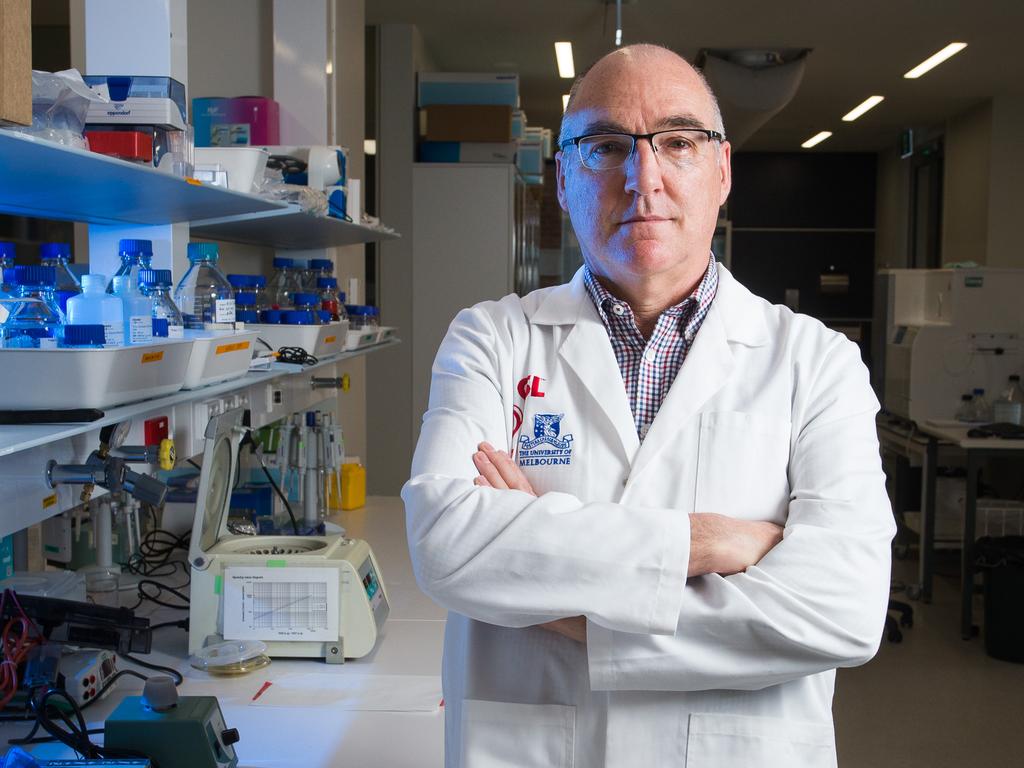
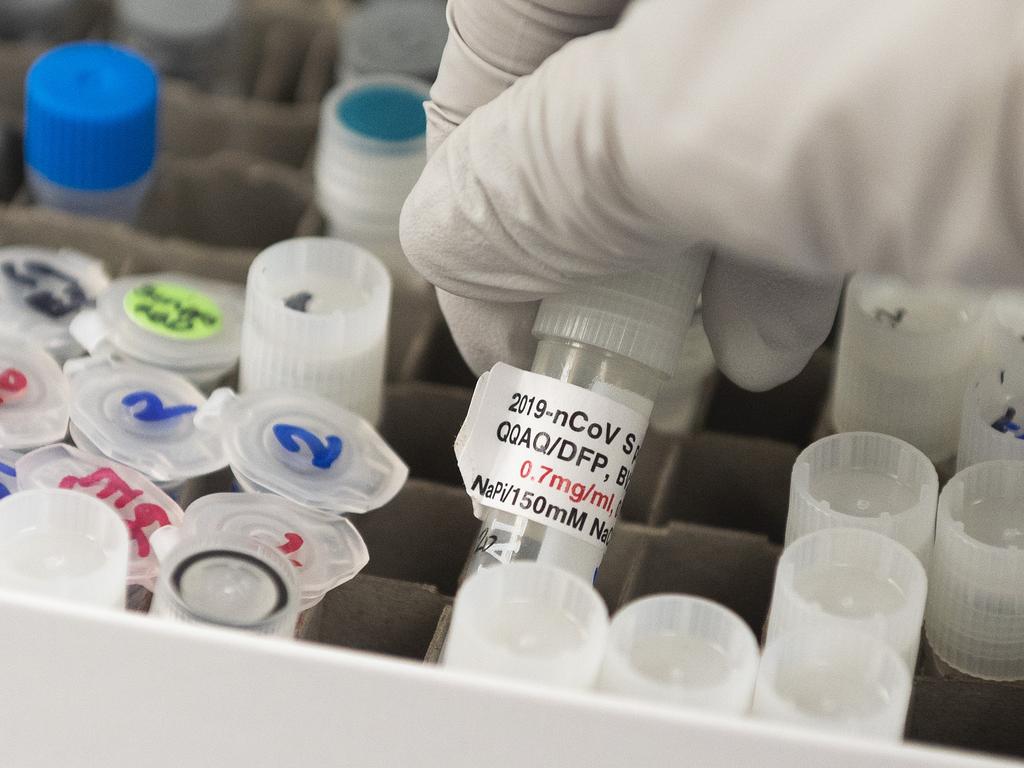
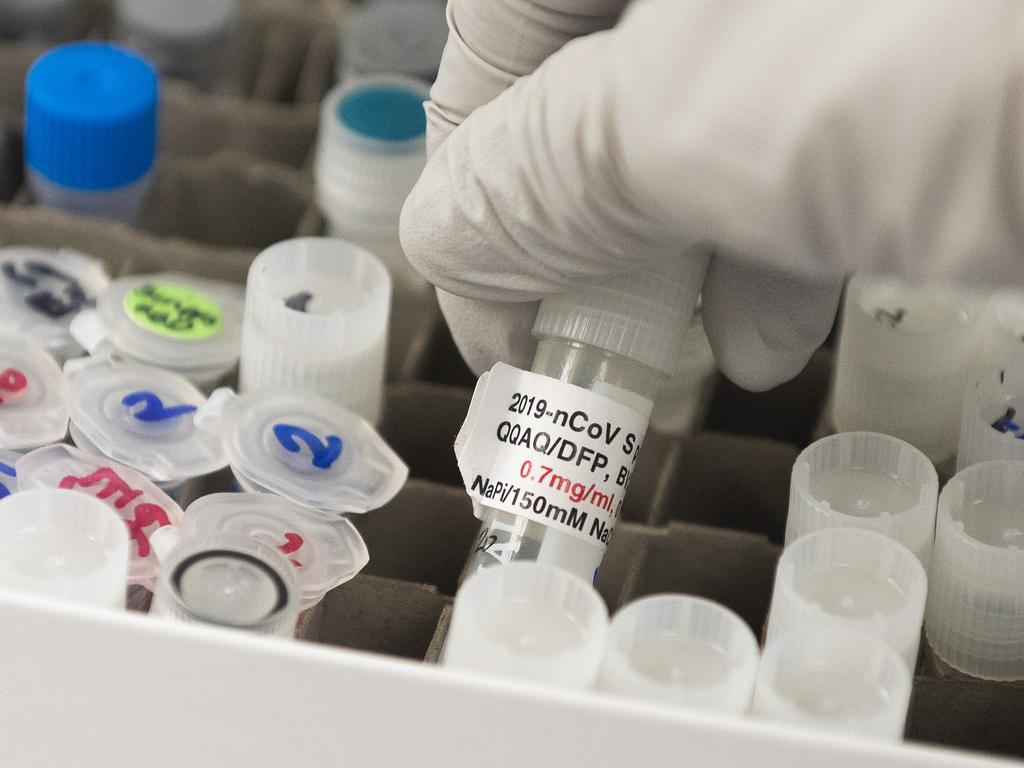
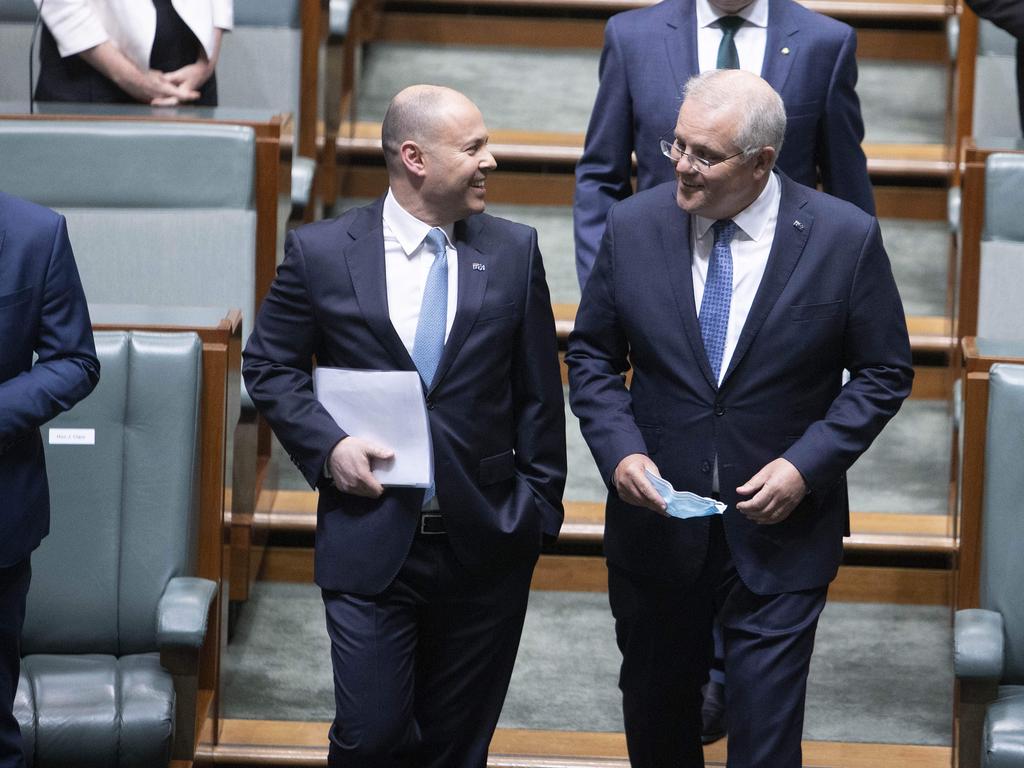
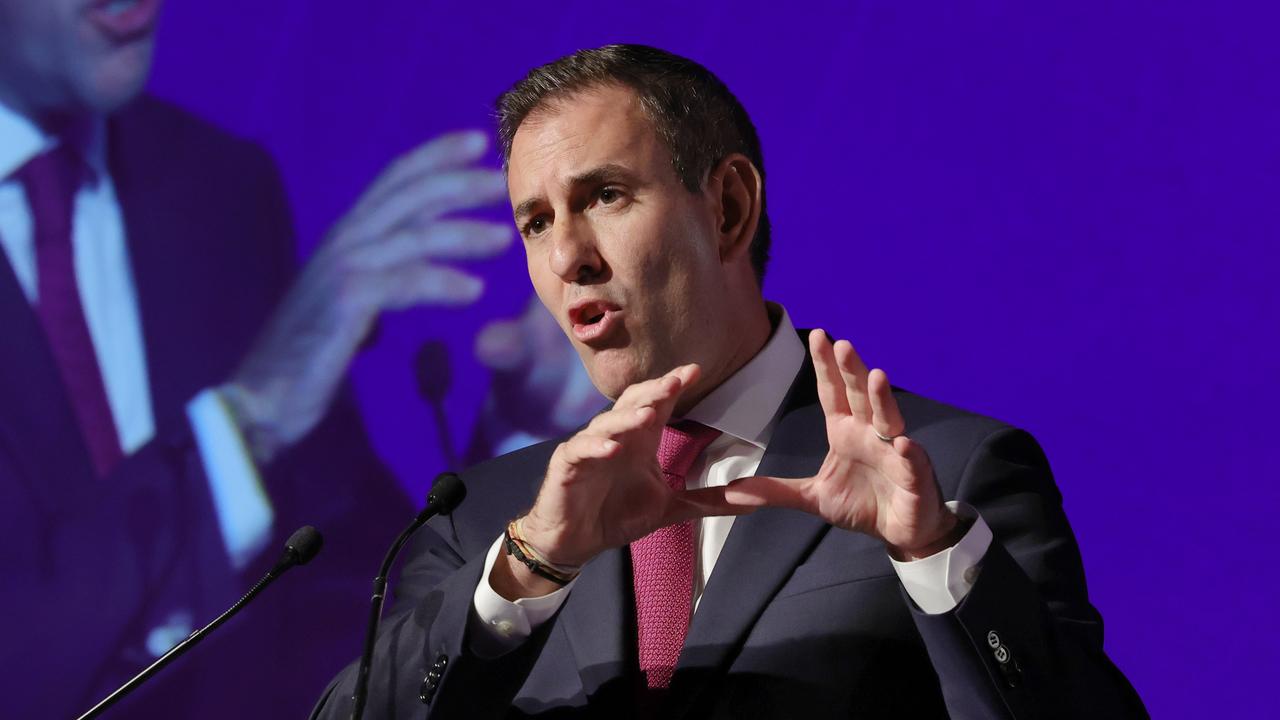
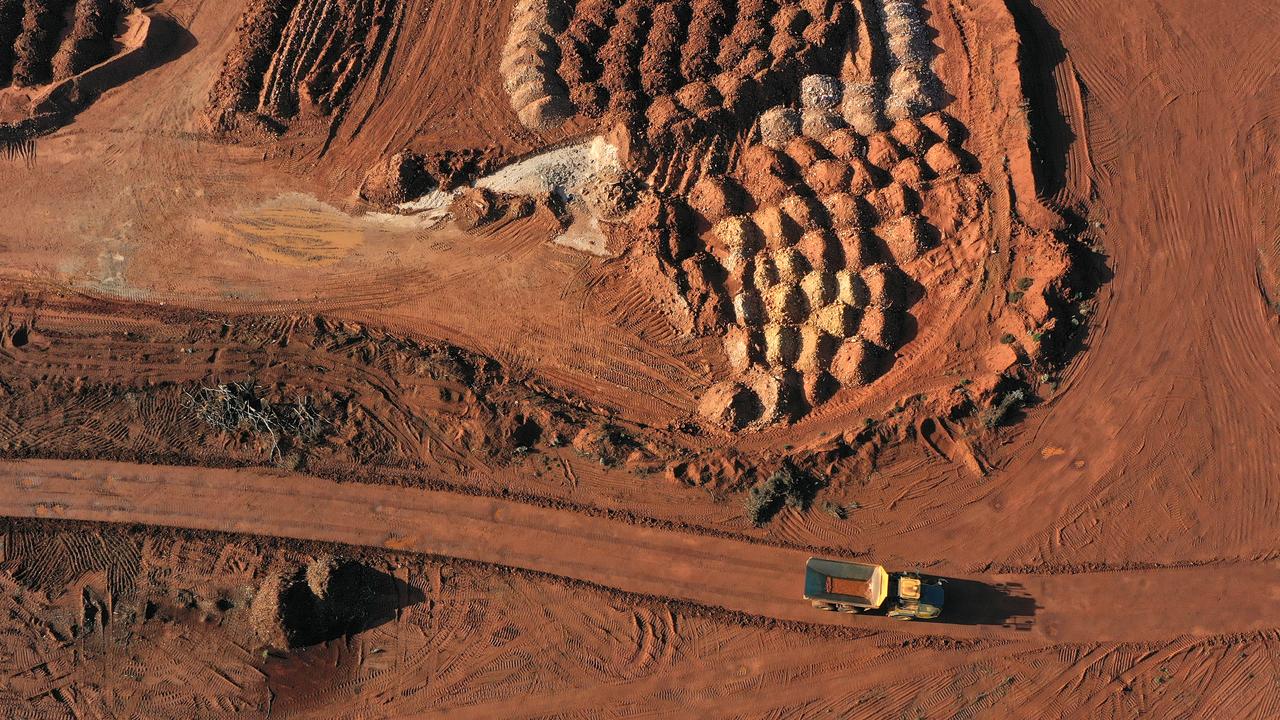
To join the conversation, please log in. Don't have an account? Register
Join the conversation, you are commenting as Logout